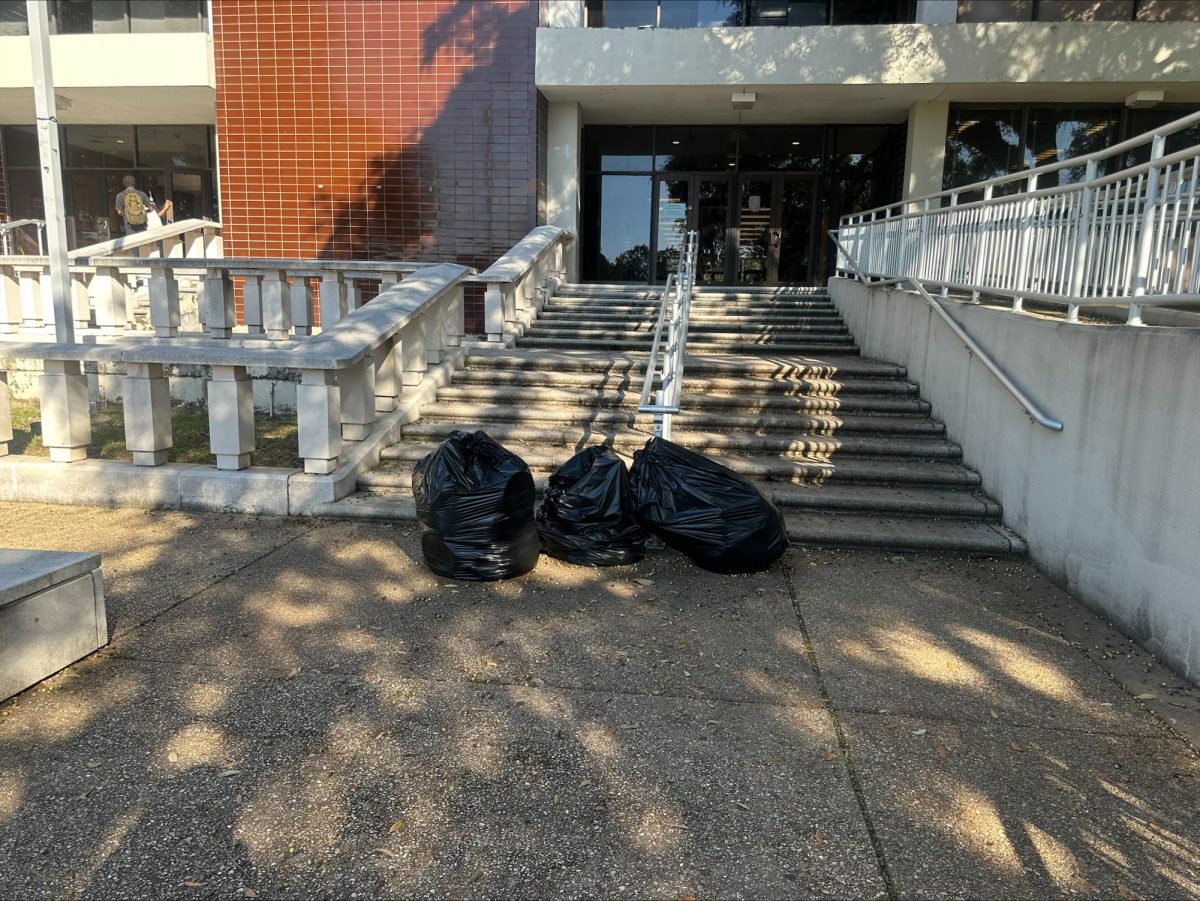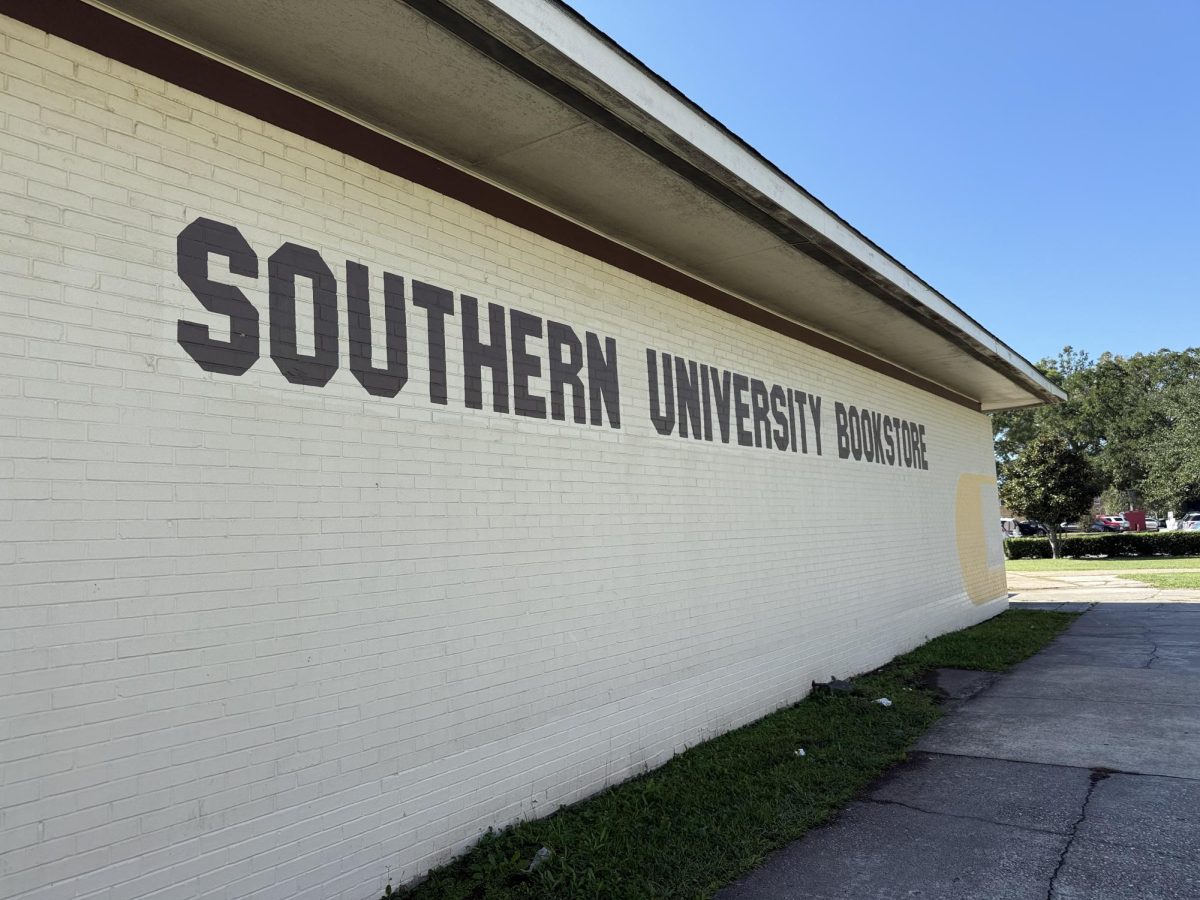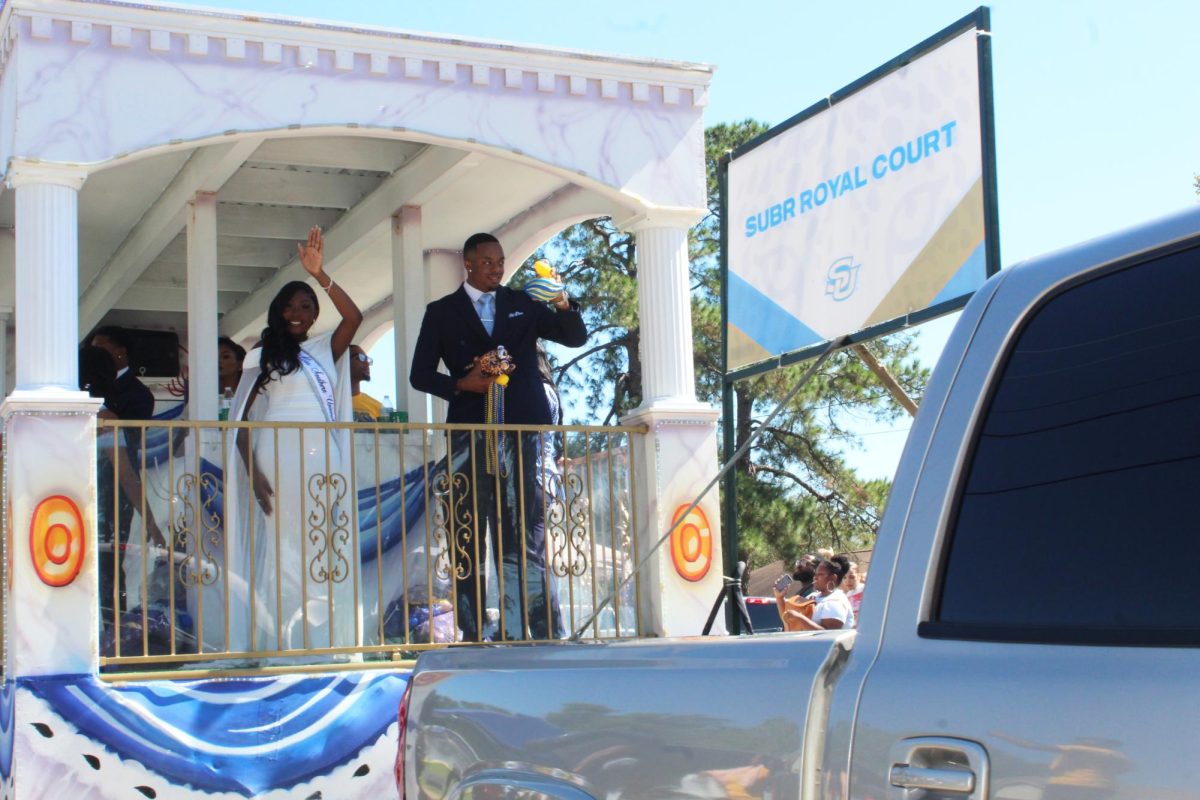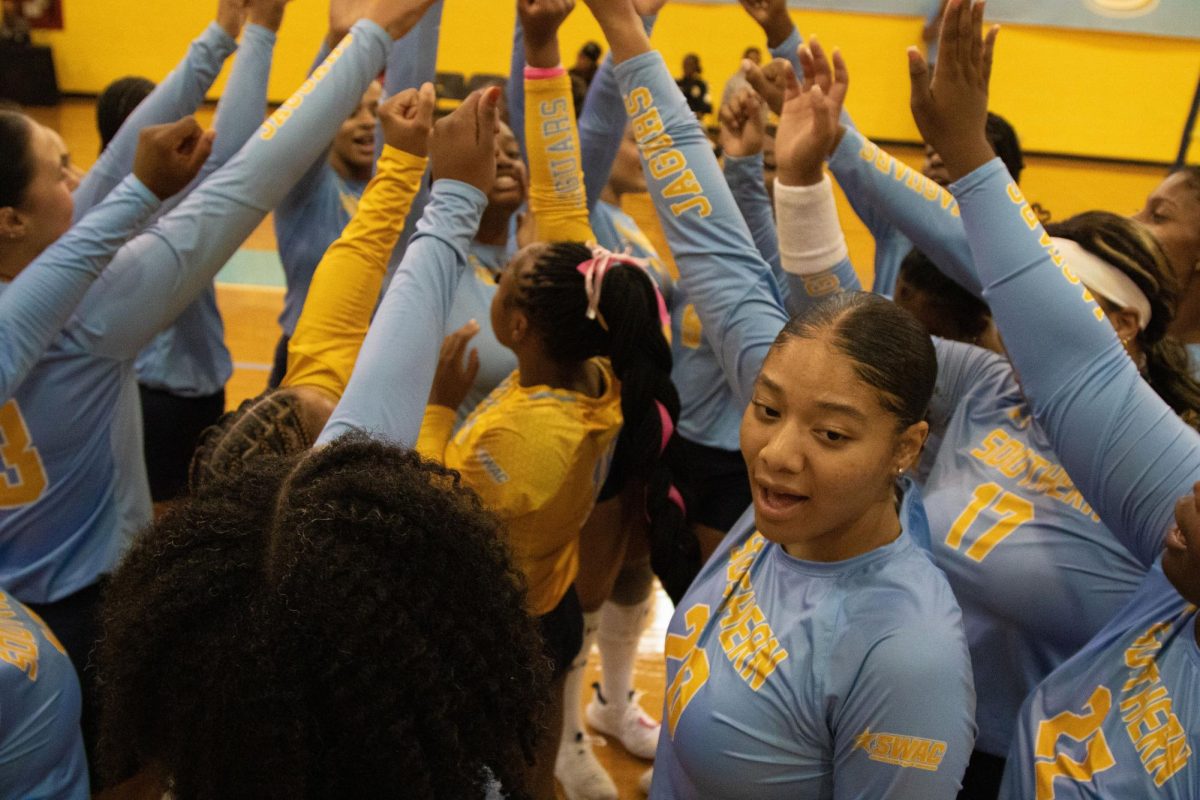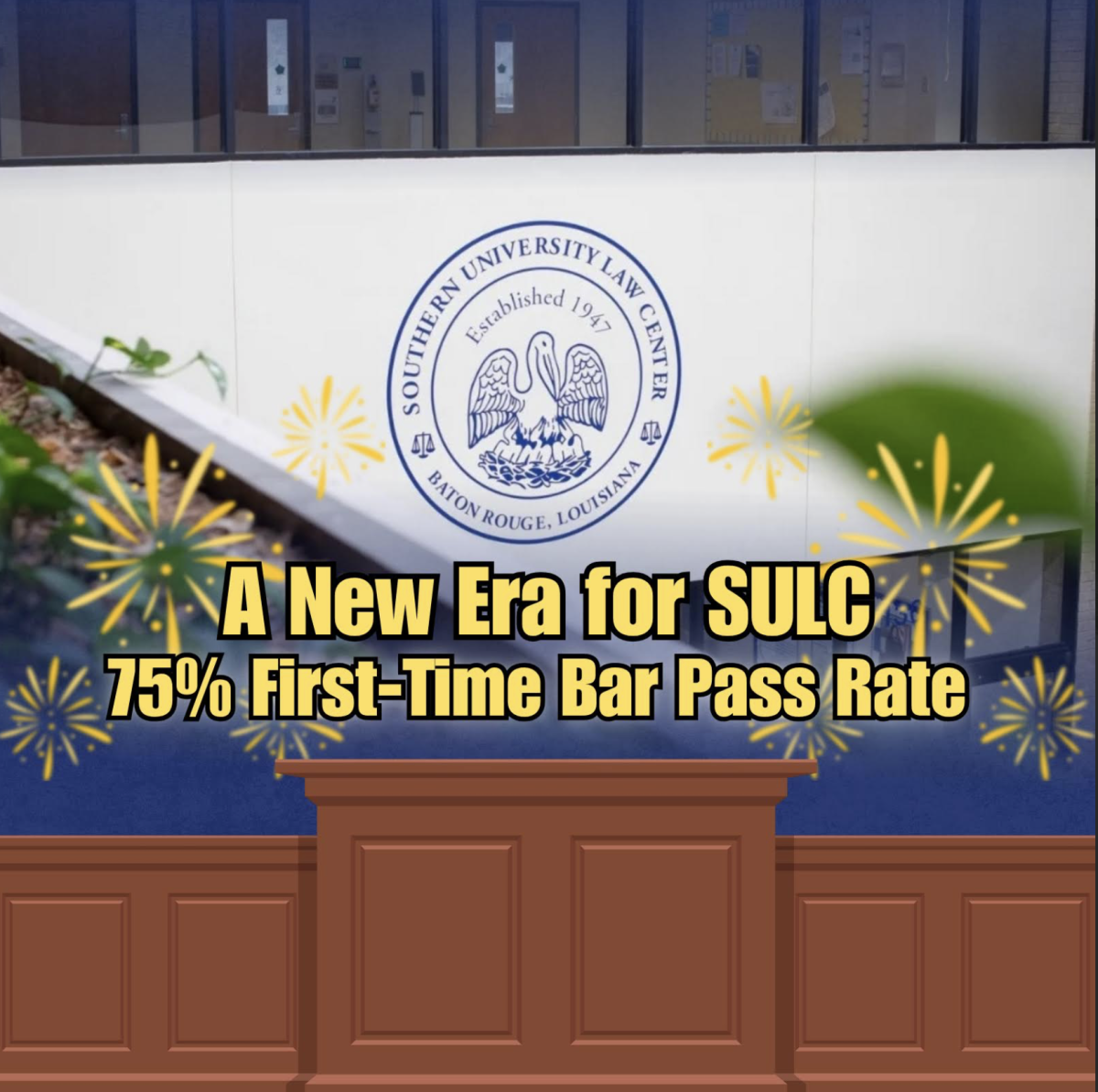The 25-year lease of the Voting Rights Act of 1965, which was renewed in 2006, has currently sparked concerns from blacks who want the temporary act to become permanent.
The discussion was last talked about in 2006 when the Chicago Defender reported on a conversation between the Rev. Jesse Jackson and current President George W. Bush. Jackson said he and the President spoke about the Voting Rights Act, specifically Section 4 and the possibility of making the entire Act permanent.
Bush immediately said, “I don’t know anything about the 1965 voting rights act. When the legislation comes before me, I’ll take a look at it, but I don’t know about it to comment any more than that, but we will look at it when it comes to us.”
Max Costello, a senior sociology major from Chicago said he was disappointed in the president’s reaction. “Our president doesn’t know or is ‘unfamiliar’ with the history of America. That was a very negative comment and it lets you know what people really think about us; the fore founders of the nation.”
Allen Abney, White House spokesman said in the article, “there is a section of the Act that is up for re-authorization in 2006, and the president is firmly committed to protecting voting rights.” When asked to comment on Bush’s unfamiliarity he could not.
Before the Act was implemented, minority voters were forced to undergo violent attacks while marching for voter registration, by opposing residents of the new 15th amendment; some of these opposing efforts were the cause of murdered activists.
Discrimination measures, such as literacy tests, prohibited the vote of minorities, particularly blacks, which was a major tactic to intimidate and harass black voters.
Because prevention plans prevented the black vote, congress had to make special provisions of the Act (under section 4), which would be renewed every twenty-five years, a process first implemented by President Lyndon B. Johnson.
The provisions of the Act were specifically targeting to the southern regions, also known as the covered or monitored jurisdictions which included Alabama, Alaska, Georgia, Louisiana, Mississippi, South Carolina and Virginia.
These jurisdictions would be monitored closely by federal examiners who would prepare and forward lists of persons qualified to vote.
Other requirements, stated by the U.S. Department of Justice, included the targeting of discrimination areas to provide for more stringent remedies where appropriate.
Congress renewed the act in the 1970s, reasoning that the need for voting protection in Section 4 was still great in those particular areas. In 1982 the coverage was extended for 25 years without any changes being made or any expression of Congress feeling there was a great need for its renewal and again in 2006. Sections 4, 5 and 8 will expire in 2031.
Baton Rouge native, Stacey Barnes, a second semester graduate student in social sciences, believes the renewal portion of the Act should be taken out due to the fact of the theory that we have involved into a nation of equality but also feels it should remain in order to protect black voters
“We as African Americans need to be acknowledged or knowledgeable about so that we will be able to retain it ourselves, that will be acknowledging that we want that vote, if we don’t stand up to protect it then there is no need to have it anyway,” said Barnes.
According to About.com, the NAACP explained in the Nov. 19, 1998 issue of Internet Tourbus, black voting rights were granted by the Fifteenth amendment, which was passed immediately after the Civil War and therefore expiration of the Voting Rights Act will not terminate the rights granted under the Fifteenth amendment.
“Its more of a 50/50 situation regardless of the fact that it doesn’t really affect the 15th amendment, Congress should make it permanent because who’s to say in 2031 the new president of that term will actually renew the bill? Do it now before it becomes a big issue later,” said Costello.
Categories:
Black vote renewal, should it be made permanent
February 26, 2008
0
